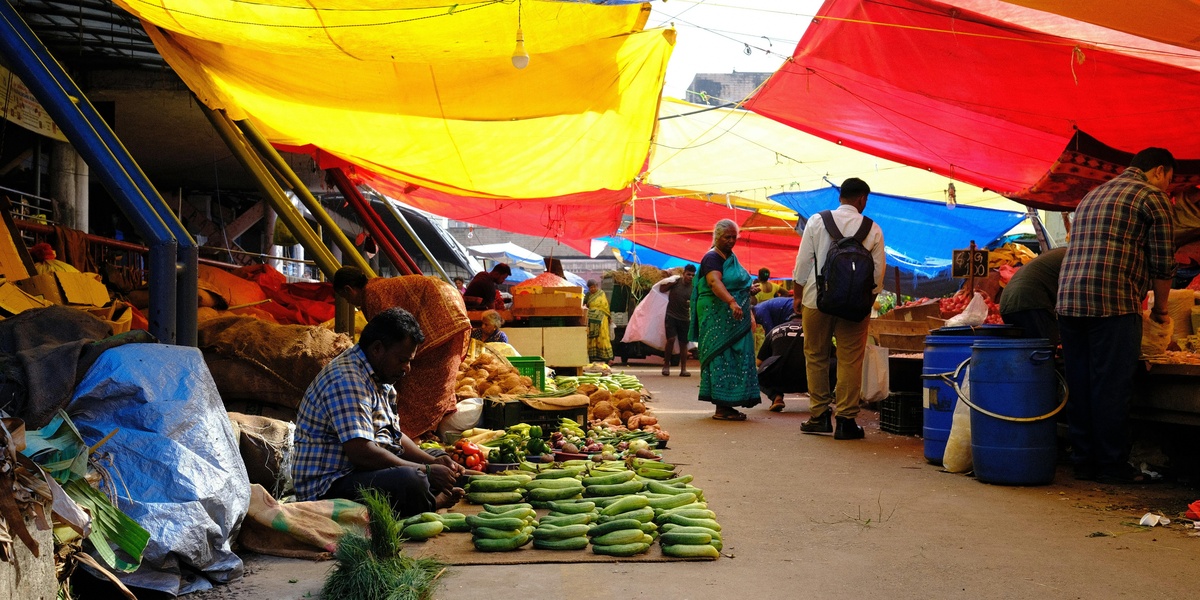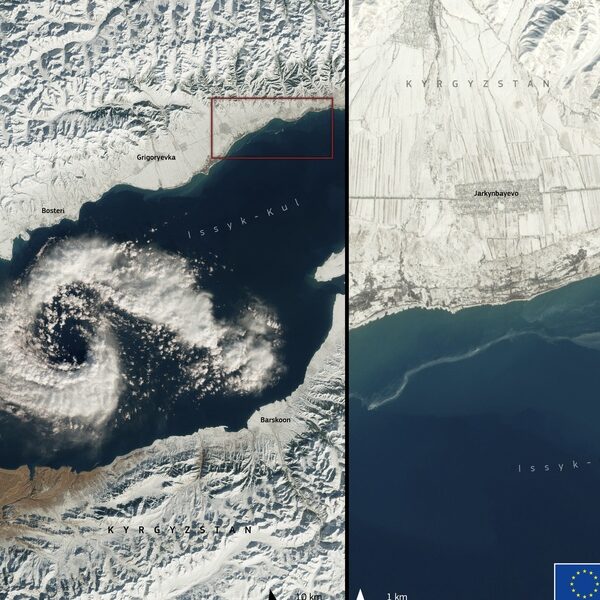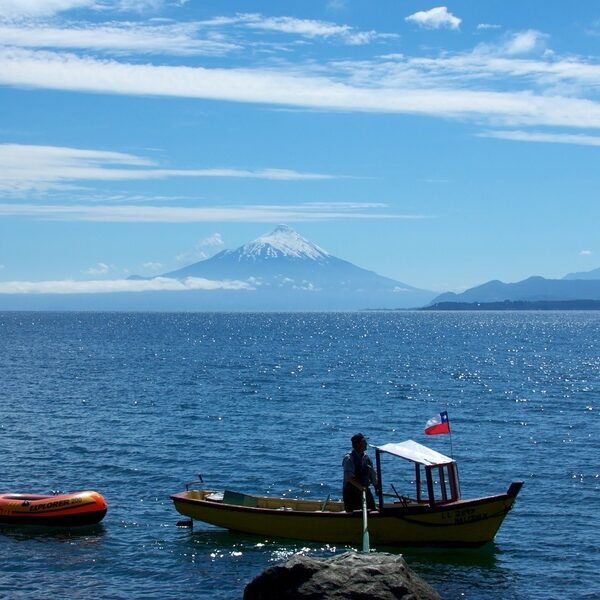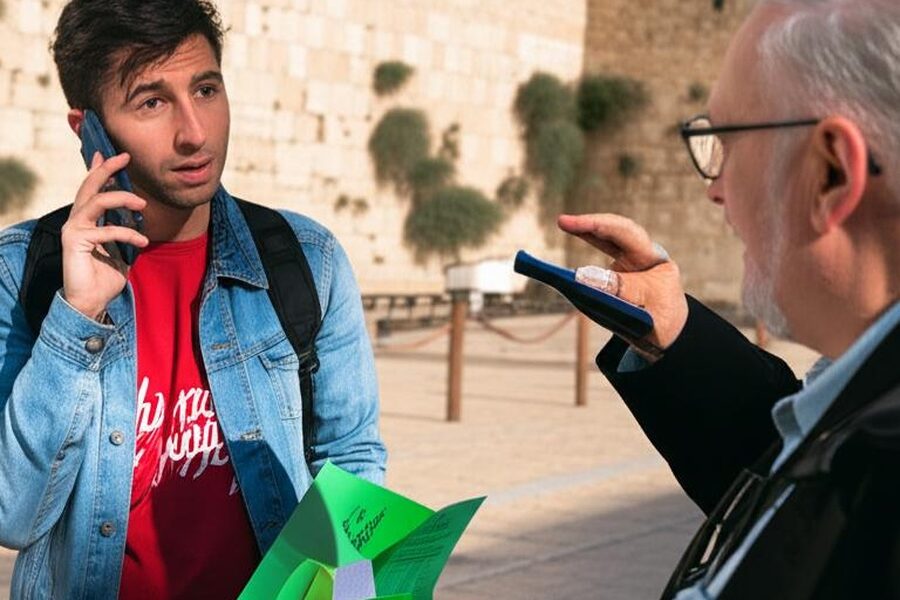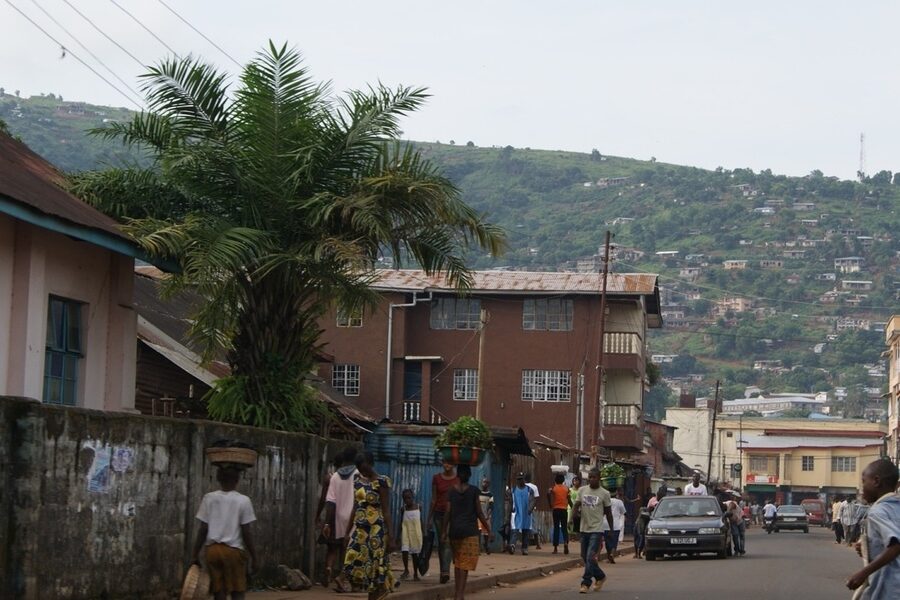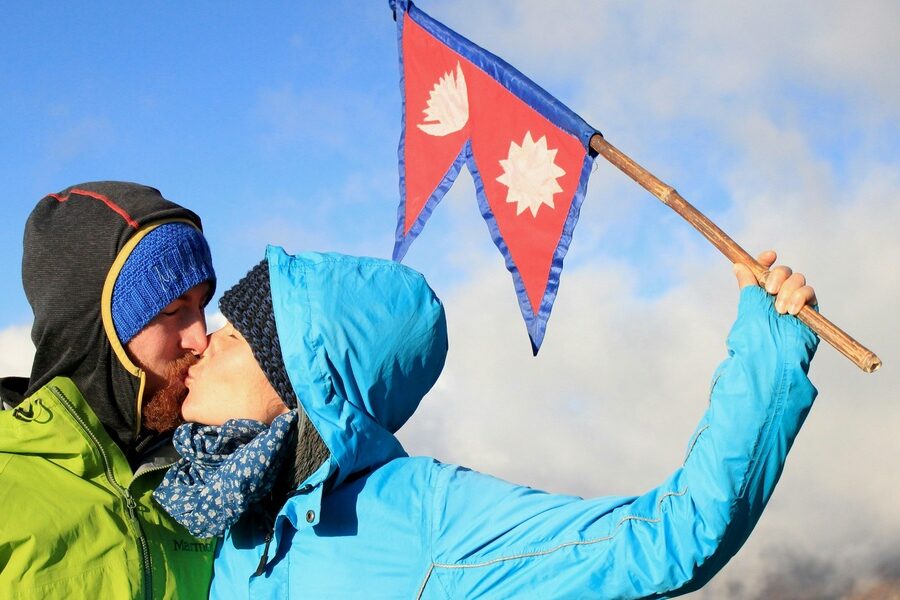Senegal is a place of warm markets, lively streets, and beaches where a few phrases can open doors and spark smiles. Whether you’re bargaining in Dakar, ordering food in Saint-Louis, or asking for directions in a small village, a little language goes a long way.
There are 56 Useful Phrases for Tourists in Senegal, ranging from Call the police to You’re welcome. Each entry is organized with Wolof translation,French translation,Pronunciation (phonetic) — you’ll find below.
How can I practice pronunciation so locals understand me?
Listen and mimic: play the pronunciation column aloud, slow it down on your phone, and repeat. Focus on clear, steady pacing rather than perfect accent; most people appreciate the effort. Pair the phonetic guide with short practice sessions each day before heading out.
Which phrases should I learn first for safety and politeness?
Start with basics: greetings, please/thank you, numbers, and directions, then add emergency lines like Call the police and polite replies like You’re welcome. Prioritize phrases you’ll use most often and keep a small printed or saved list for quick reference.
Useful Phrases for Tourists in Senegal
| English phrase | Wolof translation | French translation | Pronunciation (phonetic) |
|---|---|---|---|
| Hello | Salaam aleekum | Bonjour / Salut | sah-LAHM ah-lay-KOOM |
| How are you? | Na nga def? | Comment ça va? | nan-gah-DEF |
| I’m fine, thank you. | Maangi fi rekk, jërëjëf. | Je vais bien, merci. | MAHN-gee fee rek, je-re-JEF |
| Peace only | Jaam rekk | La paix seulement | jahm-REK |
| What is your name? | Naka nga tudd? | Comment tu t’appelles? | NA-ka nan-gah TOOD |
| My name is… | … laa tudd. | Je m’appelle… | … lah TOOD |
| Pleased to meet you. | Ràfet nañu ci yaw. | Enchanté(e) de vous rencontrer. | ra-FET na-nyoo chee YOW |
| Thank you | Jërëjëf | Merci | je-re-JEF |
| You’re welcome | Ñoo ko bokk | De rien / Je vous en prie | n’yoh-koh-BOK |
| Please | Su la neexee | S’il vous/te plaît | soo-lah-NAY-hay |
| Excuse me / Sorry | Baal ma | Excusez-moi / Pardon | BAAL mah |
| Yes | Waaw | Oui | WOW |
| No | Déedéet | Non | DAY-dayt |
| I don’t understand | Dëgguma | Je ne comprends pas | DEUG-oo-mah |
| Do you speak English? | Ndax dégg nga Angale? | Parlez-vous anglais? | n’DAKH dayg-nga ahn-GA-lay |
| I don’t speak Wolof | Wolofuma | Je ne parle pas Wolof | woh-loff-oo-mah |
| Goodbye | Mangi dem | Au revoir | MAHN-gee dem |
| Good morning | Jaam nga fanaane? | Bonjour | jahm-nga-fa-NAAN |
| Good afternoon | Jaam nga yendoo? | Bonjour | jahm-nga-yen-DOH |
| Good night | Fanaanal ak jaam | Bonne nuit | fa-naan-AL ak JAHM |
| How much is this? | Ñaata la? | C’est combien? | N’YAH-tah lah |
| It’s too expensive | Seer na lool | C’est trop cher | SAYR-nah-LOLE |
| Lower the price | Wàññi ko | Baissez le prix | WAH-n’yee koh |
| What is the final price? | Ñaata mooy mujj? | C’est quoi le dernier prix? | n’yah-tah moy MOODJ |
| I’ll take it | Jël naako | Je le prends | jel-NAH-koh |
| I’m just looking | Dama doon seet rekk | Je regarde seulement | da-mah-dohn-sayt-REK |
| Where is…? | Ana …? | Où est…? | ah-nah …? |
| Where is the toilet? | Ana wanag bi? | Où sont les toilettes? | ah-nah wah-NAG bee |
| I want to go to… | … laa bëgg dem | Je veux aller à… | … lah beug dem |
| Stop here, please | May ma fii | Arrêtez-vous ici, s’il vous plaît | my-mah-FEE |
| Turn right | Dajal ndeyjoor | Tournez à droite | da-jal n’day-JOOR |
| Turn left | Dajal càmmooñ | Tournez à gauche | da-jal chah-MONE |
| Straight ahead | Jëlal kanam | Tout droit | jel-al ka-NAM |
| The bill, please | Indil ma addition bi | L’addition, s’il vous plaît | in-DEEL mah ad-dee-see-OHN bee |
| I’m hungry | Dama xiif | J’ai faim | da-mah-HEEF |
| I’m thirsty | Dama mar | J’ai soif | da-mah-MAR |
| The menu, please | Menu bi, su la neexee | Le menu, s’il vous plaît | MEH-noo bee, soo-lah-NAY-hay |
| It was delicious! | Neex na lool! | C’était délicieux! | NAYKH-nah-LOLE |
| Water | Ndox | De l’eau | n’DOKH |
| Without meat | Bëgguma yaapp | Sans viande | beug-oo-mah YAH-p |
| Spicy / Hot | Saf na | Piquant / Fort | saf-nah |
| There is no problem | Amul solo | Il n’y a pas de problème | ah-mool SO-lo |
| Help! | Wóoy! / Wallu! | Au secours! / À l’aide! | WOY! / wah-LOO |
| I need a doctor | Sopp naaj doktoor | J’ai besoin d’un médecin | sop-nahj doc-TOOR |
| Call the police | Wool leen police bi | Appelez la police | wohl-lehn-poh-LEES-bee |
| I’m lost | Dama réer | Je suis perdu(e) | da-mah-RARE |
| One | Benn | Un | BEN |
| Two | Ñaar | Deux | n’YAAR |
| Three | Ñett | Trois | n’YET |
| Five | Juróom | Cinq | joo-ROAM |
| Ten | Fukk | Dix | FOOK |
| One hundred | Téeméer | Cent | tay-MAYR |
| One thousand | Junni | Mille | JOO-nee |
| Money | Xaalis | L’argent | KHA-liss |
| Today | Tey | Aujourd’hui | TAY |
| Tomorrow | Suba | Demain | SOO-bah |
Descriptions
Hello
The standard Arabic greeting used throughout Senegal. It’s polite and universally understood. The correct response is “Maaleekum salaam” (And peace be upon you).
How are you?
This is the most common way to ask someone how they are. It shows you’re making an effort to connect beyond basic transactions and will be warmly received.
I’m fine, thank you.
The standard response. “Maangi fi” means “I am here” (implying “I’m okay”), and “rekk” means “only” or “just.” It’s a positive and common reply.
Peace only
The universal response to most greetings that ask about your well-being. It reflects the deep cultural importance of peace and tranquility in Senegal.
What is your name?
A friendly question to ask when getting to know someone. Senegalese people are generally very open and appreciate this kind of polite interaction.
My name is…
You place your name at the beginning of the phrase. It’s a simple and direct way to introduce yourself after you’ve been asked for your name.
Pleased to meet you.
A very polite and warm expression to use after introductions. It conveys genuine pleasure in meeting someone and is a great way to make a good impression.
Thank you
Possibly the most important Wolof word to learn. Using it sincerely will be greatly appreciated and will almost always bring a smile.
You’re welcome
Literally means “we share it,” reflecting the communal spirit of Senegalese “teranga” (hospitality). It’s a beautiful and common response to “Jërëjëf.”
Please
While not used as frequently as in English, it’s a polite addition when making a request, especially in more formal settings or with elders.
Excuse me / Sorry
Use this to get someone’s attention, to apologize if you bump into them, or to politely interrupt a conversation. It’s a versatile and useful phrase.
Yes
A simple and essential word. Use it clearly in response to questions to avoid any confusion during your interactions.
No
Another essential word. Saying it politely is key. It can often be softened with a gentle shake of the head or a polite hand gesture.
I don’t understand
A very useful phrase when you’re lost in a conversation. People are generally patient and will try to rephrase or use gestures to help you understand.
Do you speak English?
A key question to ask when you’re struggling with Wolof or French. Many people in tourist areas and cities speak some English.
I don’t speak Wolof
A simple way to communicate your language limitations. It’s often followed by asking if they speak French (“Parlez-vous français?”) instead.
Goodbye
This literally means “I am going.” It’s a common and polite way to signal your departure from a conversation, a shop, or a home.
Good morning
A morning-specific greeting, asking “Did you spend the night in peace?” The standard response is the ever-useful “Jaam rekk” (Peace only).
Good afternoon
An afternoon greeting, asking “Did you spend the day in peace?” Again, the expected and polite response is “Jaam rekk.”
Good night
A warm way to wish someone a good night’s sleep, literally meaning “Spend the night with peace.”
How much is this?
The most important phrase for shopping and taxis. Always agree on a price before getting into a taxi or finalizing a purchase at a market.
It’s too expensive
Your primary tool for bargaining in the markets. Say it with a friendly smile, not aggressively. It’s the expected start of a friendly negotiation.
Lower the price
A more direct request to lower the price. Use it after the initial “Seer na lool” to continue the friendly bargaining process.
What is the final price?
Use this when you are ready to buy but want to make one last attempt at a better price. It signals you’re a serious buyer.
I’ll take it
Use this phrase to confirm that you have agreed on a price and you want to purchase the item.
I’m just looking
A polite way to browse in a shop or market stall without pressure. It tells the vendor you’re not ready to buy yet but are enjoying their goods.
Where is…?
A fundamental question for navigating. Just insert the name of the place you’re looking for, such as “Ana marché Kermel?” (Where is Kermel market?).
Where is the toilet?
An essential question when you’re out and about. Public toilets can be scarce, so it’s good to ask in restaurants, cafes, or hotels.
I want to go to…
State your destination clearly to the taxi driver. For example, “Plateau laa bëgg dem” means “I want to go to Plateau.”
Stop here, please
A clear and simple way to tell your taxi driver or “car rapide” driver that you have reached your destination and want to get out.
Turn right
Useful if you are guiding a driver who is unsure of the final few turns to your guesthouse or a specific location.
Turn left
The counterpart to turning right. Knowing both can be very helpful when navigating the smaller streets of a city like Dakar or Saint-Louis.
Straight ahead
Useful for giving or understanding simple directions from locals. It literally means “take forward.”
The bill, please
A clear way to ask for the check at the end of your meal in a restaurant or café.
I’m hungry
A useful phrase to express your need for food. Senegalese are very hospitable and will be quick to help you find something delicious to eat.
I’m thirsty
Similar to expressing hunger, this tells people you need a drink. Perfect for a hot day when you need some water, bissap, or bouye juice.
The menu, please
The first step to ordering in any restaurant. A simple and polite request that will be easily understood.
It was delicious!
A wonderful compliment to give to the cook or your host. It’s a great way to show appreciation for the meal and is a hallmark of good manners.
Water
An essential word. Always specify bottled water (“ndox mu sedd” for cold water) to be safe. Staying hydrated is crucial in the Senegalese climate.
Without meat
Important for vegetarians. This literally means “I don’t want meat.” Be clear, as many traditional dishes like Thieboudienne are based on fish or meat.
Spicy / Hot
Senegalese food can have a kick. Use this to ask if a dish is hot, or say “Bëgguma lu saf” (I don’t want something spicy) if you prefer milder food.
There is no problem
A fantastic, reassuring phrase you’ll hear often. It embodies the relaxed Senegalese “teranga” (hospitality) and positive, problem-solving attitude.
Help!
Wóoy! is a general cry of alarm. Wallu! more specifically means “help me!” Use them loudly and clearly in a genuine emergency.
I need a doctor
A critical phrase for medical situations. People will quickly guide you to the nearest “clinique” (clinic) or “hôpital” (hospital).
Call the police
Important for security issues. Locals can help you contact the right authorities quickly if you find yourself in trouble.
I’m lost
Don’t panic if you lose your way. Senegalese people are incredibly helpful; just ask someone for directions using this phrase, and they will likely assist you.
One
The first and most basic number. Useful for ordering one coffee or one baguette.
Two
Useful for ordering two of something or confirming a quantity in the market.
Three
Keep these first few numbers handy for simple counts when shopping or ordering.
Five
A key number, as many things are counted or grouped in fives.
Ten
Knowing this helps in understanding prices and counting money.
One hundred
Crucial for handling money, as the local currency (CFA Franc) is often counted in hundreds.
One thousand
Essential for understanding prices for taxis, hotels, and larger market purchases, often quoted in thousands of CFA.
Money
An important word to know, especially when shopping, bargaining, or dealing with transport fares.
Today
A useful time-related word for making plans, confirming appointments, or understanding schedules.
Tomorrow
Another key word for planning, whether for booking a tour, arranging a taxi, or meeting someone.

